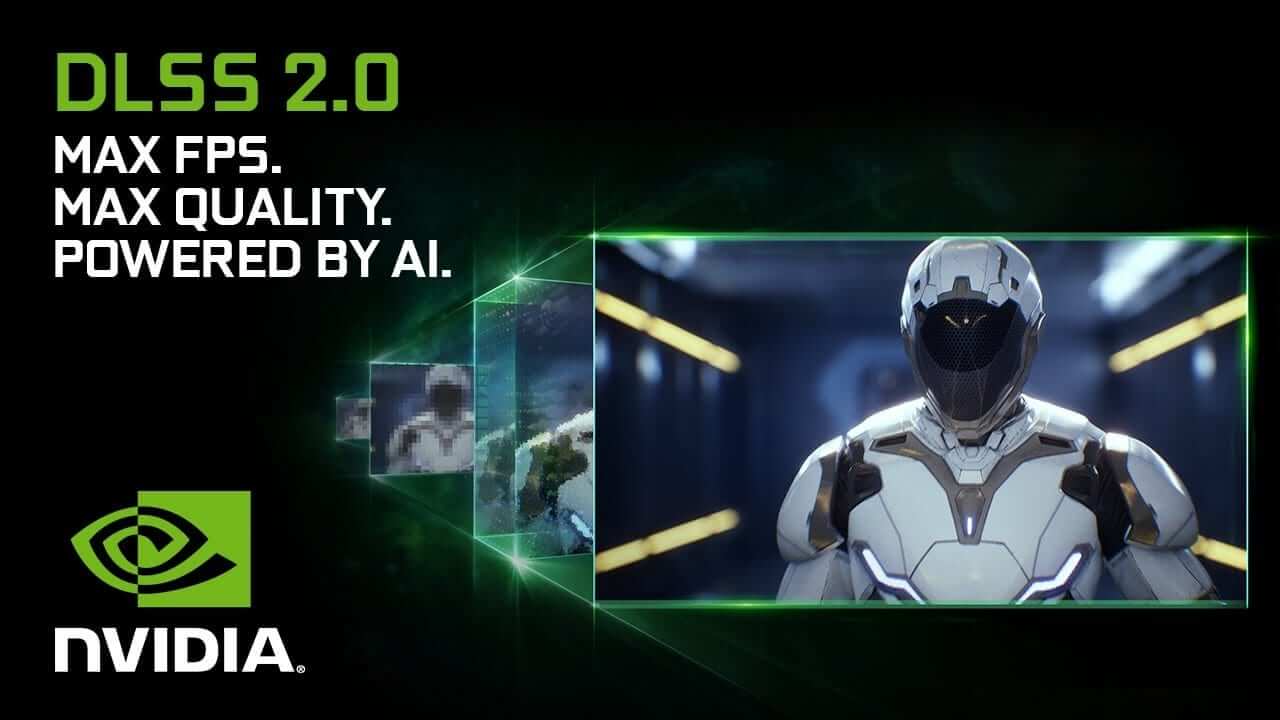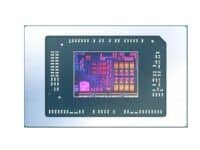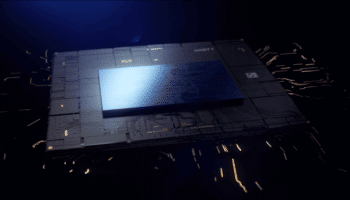When it comes to upscaling technologies, NVIDIA’s DLSS 2.x is considered the gold standard in the industry. Combining a temporal frame accumulator with a neural network produces images that look better than, if not on par with native. Intel has designed its XeSS upscaling technology by pretty much copying NVIDIA’s approach. AMD, on the other hand, has kept it simple by leveraging a standard temporal upscaler with minor tweaks for FSR 2.0. In this post, we compare DLSS against TSR in Unreal Engine 5 (via: Perschistence).


Epic’s Unreal Engine is the most widely used game engine, making this a preview of upcoming game technologies. Both DLSS and TSR produce near-flawless images, there are slight differences between the two. These close-ups highlight those intricacies. In the above comparison, DLSS is marginally better than TSR, retaining more detail along the branches and the tower on the left. TSR is softer which results in better anti-aliasing but loses a bit of detail in the process.


The same result can be observed in the above close-up as well. The bench below the tree is sharper with DLSS but TSR produces a smoother image along the peripheries.


With the performance preset, the differences between the two are even starker. DLSS retains most of the detail even at the performance preset while TSR loses quite a bit around thin meshes like the tree branches, metal gratings, and the banners.
Overall, it looks like NVIDIA’s DLSS 2.x will be the leading upscaler in the gaming industry for the time being. Intel’s XeSS might change this but the limited market share of Arc GPUs will be a major hindrance for Team Blue.
Via: Perschistence.






